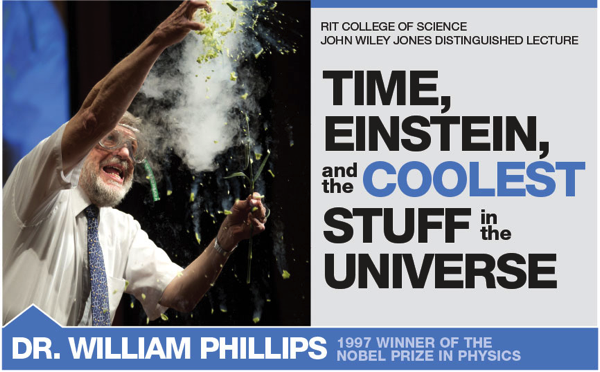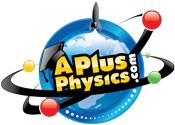
At the beginning of the twentieth century, Albert Einstein changed the way we think about time. Near the end of the twentieth century scientists learned how to cool a gas of atoms to temperatures billions of times lower than anything else in the universe.
Now, in the 21st century, Einstein’s thinking and ultracold atoms are shaping the development of atomic clocks, the best timekeepers ever made. Such super-accurate clocks are essential to industry, commerce, and science. They are the heart of the Global Positioning System (GPS) that guides cars, airplanes, and hikers to their destinations.
Today, the best primary atomic clocks use ultracold atoms, achieve accuracies better than a second in 300 million years, and are getting better all the time. Super-cold atoms, with temperatures that can be below a billionth of a degree above absolute zero, allow tests of some of Einstein’s strangest predictions.
Join Dr. Phillips for be a lively, multimedia presentation—including experimental demonstrations and down-to-earth explanations about some of today’s most exciting science.
Dr. William D. Phillips is the leader of the Laser Cooling and Trapping Group of the National Institute for Standards and Technology’s Physical Measurement Laboratory—and also a Distinguished University Professor at the University of Maryland. Dr. Phillips’s research group studies the physics of ultracold atomic gases. In 1997, he shared the Nobel Prize in Physics “for development of methods to cool and trap atoms with laser light.”
March 5 at 7 pm at the Student Alumni Union, Ingle Auditorium, Rochester Institute of Technology
